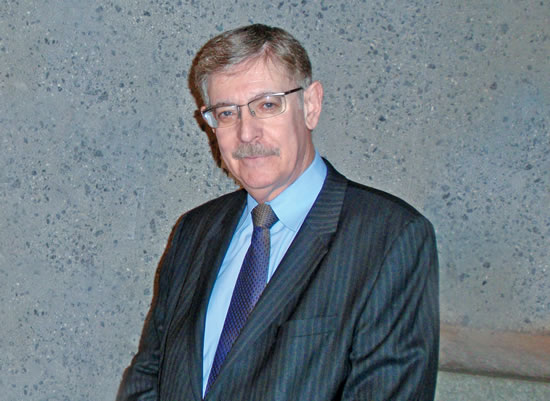From Inside The Academy: Competency-Based Principal Preparation
By Eric Nadelstern

I retired as Deputy Chancellor for School Support & Instruction for the New York City Department of Education (DOE) in 2011, and after a one month of retirement, I accepted a position as Professor of Practice in Educational Leadership at Teachers College Columbia University (TC). After the intensity of managing the day-to-day for 1700 elementary and secondary schools, the opportunity to think, teach and write is a real luxury. One year into my tenure as a professor, I was asked to assume responsibility for the Summer Principals Academy (SPA) at TC upon the retirement of the founding director.
With 180 students enrolled, SPA is the largest university based principal preparation program in the country. Students attend two consecutive intensive 5 week summer sessions from 8 am to 5 pm three days each week, until 7 pm on two days, most Saturdays, and occasionally, on Sunday as well. During this time, they enroll in five or six classes and earn 14 credits each summer. In between, they do an administrative internship in their home schools, with a major deliverable each month in the form of a 30-40 page paper.
Our students come from 68 cities across the nation, with approximately 40% from the New York City area. A similar percentage work in charter schools, although most are employed in district public schools. Many students entered teaching through alternative certification programs such as Teach for America (TFA) and Teaching Fellows.
The strengths of SPA are as follows: Every class is team taught by researchers and practitioners. The program relies heavily on the cohort model, understanding that our students will learn as much, if not more, from each other as they do from their instructors. The cohort will also form a life-long support group for our students as they progress through their careers as school and school system leaders. The capstone project is to work within a small group to plan for a new small school, complete the same proposal used locally to create new district or charter schools, and present before a panel of experts responsible for evaluating and approving new schools in NYC. My primary job as director is to establish a major focus on urban educational reform, and to figure out how to make a good program even better. Toward that end, we piloted a strategic planning initiative last summer to create competency-based principal preparation.
A sub-cohort of 25 volunteer second summer students, facilitated by a three-member faculty team, were charged with identifying the competencies required to be a successful principal, and then to work in groups to develop “learning guides,” including experiences, activities and projects that would lead to each competency. The result was a 300-page compendium of learning guides that will form the basis of work for another sub-cohort of students entering the program next summer. The eight competencies identified last summer were: 1) Culturally Intelligent Advocate, 2) Human Capital Manager, 3) Instructional Game Changer, 4) Organizational Architect, 5) Relationship Builder, 6) Self-Aware Practitioner, 7) Strategic Decision Maker, and 8) Visionary Force.
This important pilot project will give us a point of comparison between traditional course-based principal preparation and a competency-based approach. We plan to compare student satisfaction, program completion, and job placement in the short term, as well as how the students in schools led by our graduates perform. Resulting data will allow us to improve SPA for all of our students, ensuring that they are well prepared to reinvent their schools for the benefit of all students. Before they’re able to do so, we need to model how to reinvent principal preparation.#
Eric Nadelstern is the Professor of Practice in Educational Leadership & Director of the Summer Principals Academy at Teachers College Columbia University
